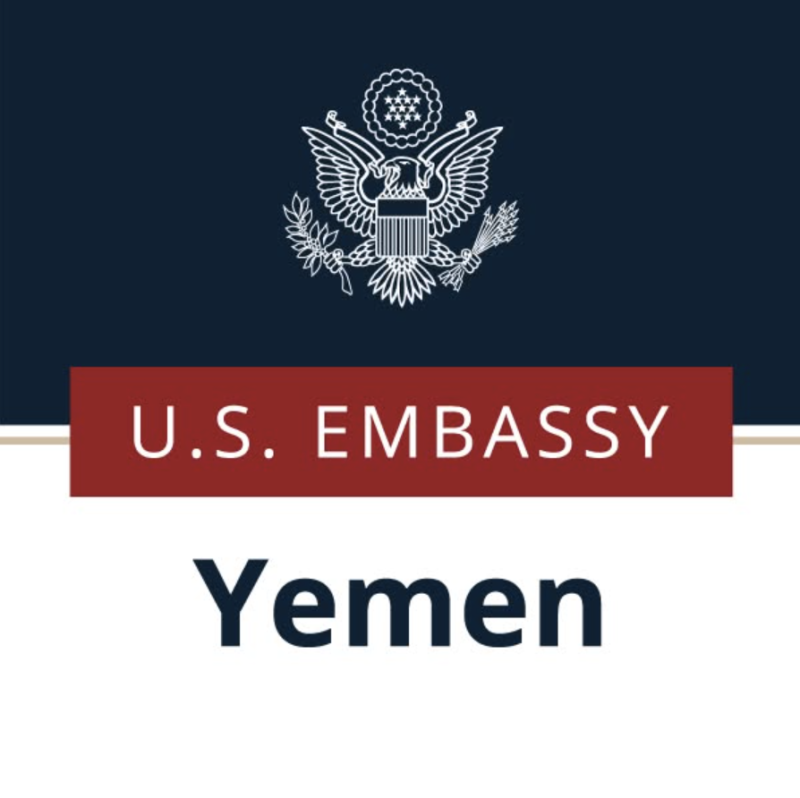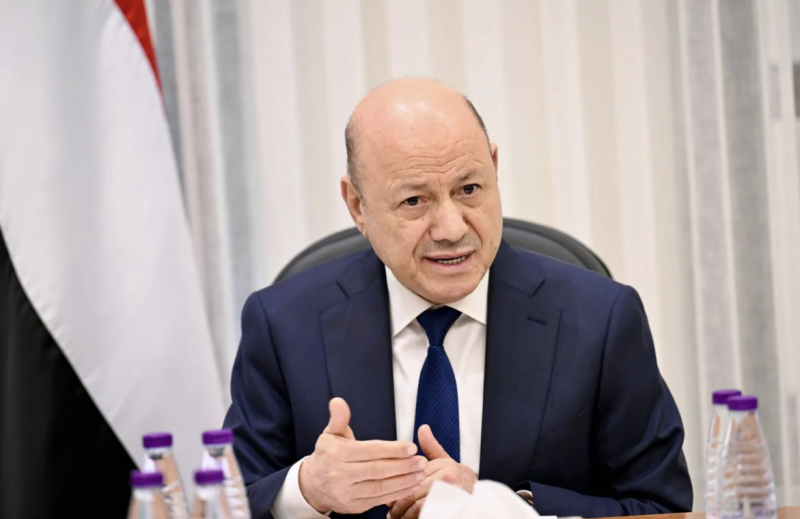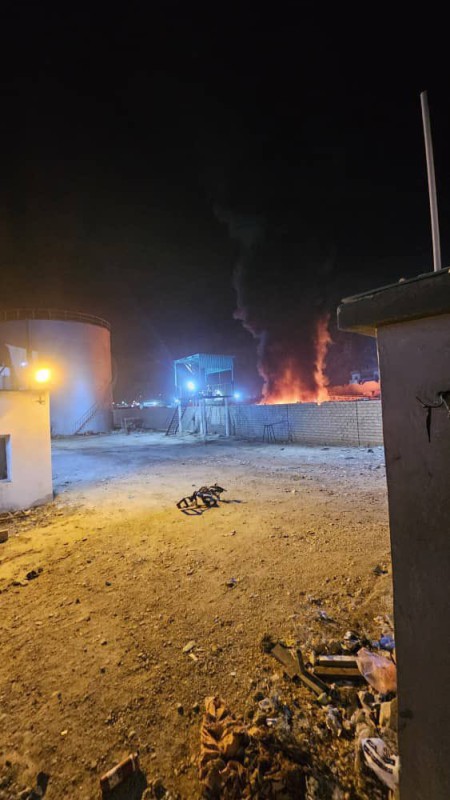Yemen's STC says implementing power-sharing deal can end crisis


Yemen's Southern Transitional Council who declared a plan for self-rule at the weekend says that the crisis could be resolved if a power-sharing deal with the government overseen by Saudi Arabia in November is implemented.
The STC spokesman, Nizar Haitham, told the Saudi daily Asharq Al-Awsat on Thursday that the group has had a "consistent" stance towards the Riyadh agreement as a route to resolving the dispute with the government it accuses of corruption.
Mr Haitham said the move late on Saturday was sparked by "unjustified procrastination" in implementing the Riyadh deal that would give the southerners a 50 per cent representation in a new government.
The deal was brokered by Saudi Arabia after clashes between the STC and government forces in the south of Yemen last August. The STC provides fighters to the pro-government alliance battling against the Houthi rebels who took over the capital sparking the ongoing civil war in late 2014.
"Firm decisions must be made to appoint a shared government, and a governor and head of security for Aden," Mr Haitham said.
The Riyadh agreement established the STC as an official partner of the Arab Coalition and carved a larger role for it as a party to the UN-led effort to end the war.
Left unaddressed was the thorny issue of the STC's aspirations for the restoration of an independent Southern Yemen.
Saturday's announcement of a plan for self-rule and widespread deployment of STC fighters across Aden caused concern in the international community. Saudi Arabia, the UAE and the Arab Coalition supporting the Yemeni government in its battle against the Houthis all called for a return to dialogue and implementing the Riyadh agreement.
The United Nations Security Council on Wednesday expressed "strong concern" over the STC move and reaffirmed its "strong commitment to Yemen's unity, sovereignty, independence and territorial integrity".
The STC and the government were fighting together against the Houthi militias in the Arab Coalition supported by Riyadh. A Houthi takeover of Sanaa in 2014 forced the government to flee the capital and it eventually re-established itself in Aden with coalition backing.
Assistant US State Department Secretary David Schenker told Al Arabiya TV this week that the priority in Yemen should be a peace deal. In an implicit criticism of the STC, Mr Schenker said now was not the time to address separatist aspirations, although the group "has a role to play".

Washington – The United States has voiced concern over recent developments in southeastern Yemen, stressing the importance of avoiding any st…

Riyadh --  Yemen’s Presidential Leadership Council Chairman, Rashad al-Alimi, announced on Tuesday a nationwide state of emergency, effe…

 Mukalla – The Saudi-led Arab Coalition has requested the immediate evacuation of civilians from Mukalla Port in Hadramout province.&nbs…